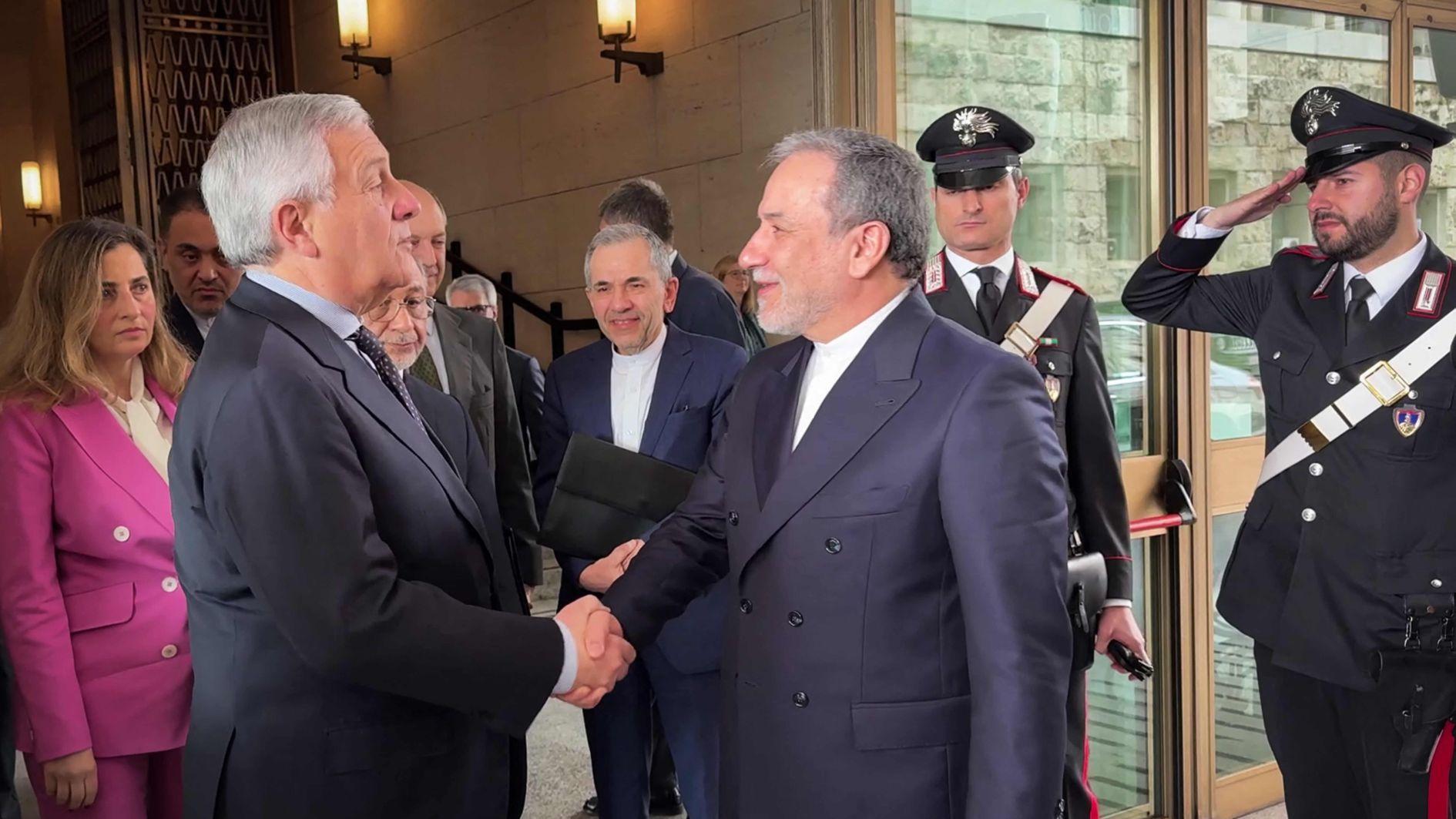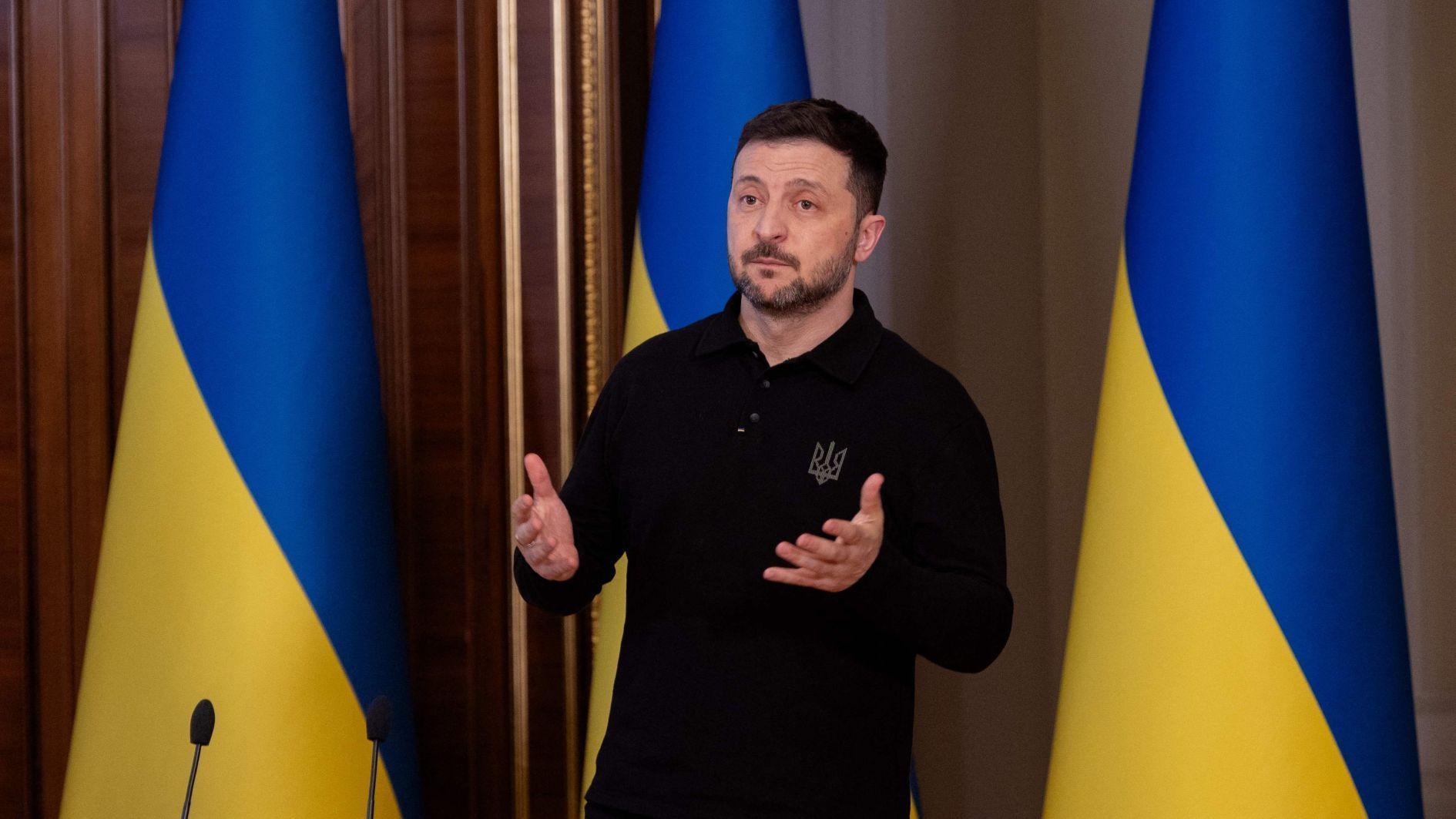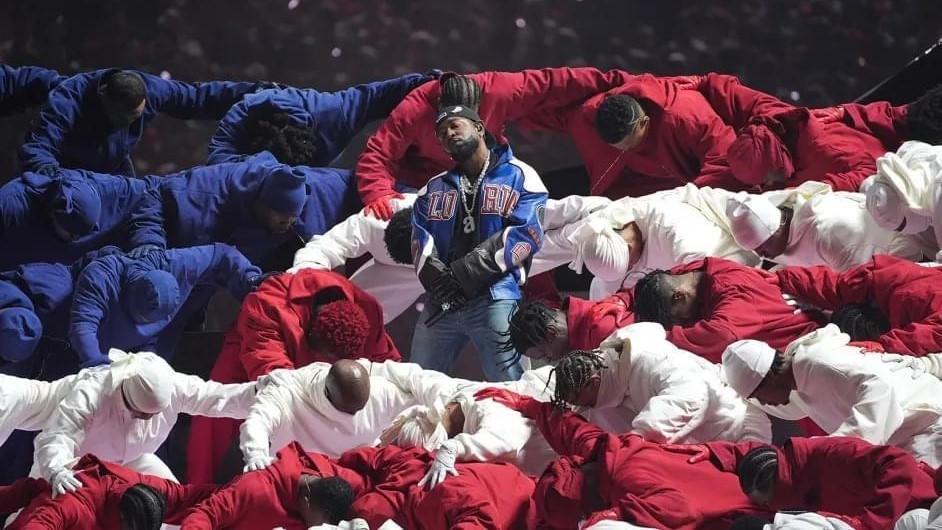Quo Vadis Europe?
The rise of populist leaders around the world continues to astound many, though it is obvious by now that this will be the defining feature of early 21st century politics. Not long after U.S. President Donald Trump talked about “economic protectionism” and issued a presidential directive to suspend the admission of citizens of seven Muslim countries to the U.S., the French far-right National Front Party leader and candidate in the forthcoming presidential election, Marine Le Pen, warned her supporters against the threats of “economic globalization” and “Islamic fundamentalism.” As Trump vowed to build a wall across the Mexican border to quell immigrants, Le Pen too promised, if she were to be elected, to close French borders to immigrants, especially to Muslims. These kinds of acts and discourses by leaders encourage xenophobic and anti-immigrant attitudes.
It could be argued that there is close correlation between populist discourse and terrorist attacks that hit several European cities in the last few years. But the argument goes both ways: While terrorist attacks, mostly connected with Islamic radicals, have created conducive environment for such discourse by leaders like Le Pen, the use of such discourse also provides excuse and encouragement to terrorist attacks. The dividing and alienating hate speeches would cultivate anything but security.
Although the recent polls in France suggest that Le Pen would lose the election in the runoff stage to former Economy Minister Emmanuel Macron, it is dismaying to see that she will top the ballot box with 25 percent of the votes in the first round. Never mind she and her rhetoric would lose in the end, the process will no doubt poison and radicalize French political scene enough to further estrange already restless minorities of the country, which would eventually put extra strain on the country’s unity and pluralistic society.
Le Pen also unveiled her plans to pull France out of both the EU and NATO if she becomes president. Obviously heartened by the election and the rhetoric of President Trump in the U.S., she put forward a list of 144 commitments for the presidency in the kick-off of her campaign on Feb. 5.
On the other side of the Channel, British Prime Minister Theresa May is trying to get parliament’s approval before officially initiating the process to take the U.K. out of the EU, as the Supreme Court has recently ruled that the government needed permission from parliament to start the process. With Brexit looming large and mostly with right wing populism on the rise across the continent, the future of Europe is once again in doubt and is moving rapidly toward unpredictability. Even the arch defender of the status quo in Europe, Angela Merkel of Germany, is trailing behind the center-left opposition, the SDP, in the polls for the first time in a decade. The fall coincides with the rise of Martin Schulz for the SDP leadership with his hardline position on Brexit and defending the rights of German citizens.
All these overlap with heavy criticism from the U.S., with President Trump complaining about free riders in NATO. Though he somewhat softened his criticism recently and agreed to attend the NATO summit in May, he has already positioned himself on members’ commitments to increase their defense expenditures, which might generate resistance from European leaders, and more importantly backlash from their citizens.
While the EU is not a solution to all European problems, it is by far the most successful peace project in the history of Europe. NATO, too, contributed significantly to the creation of a security community in Europe in the second half of the 20th century. We cannot afford to jeopardize this achievement because of rising tide of populism.











